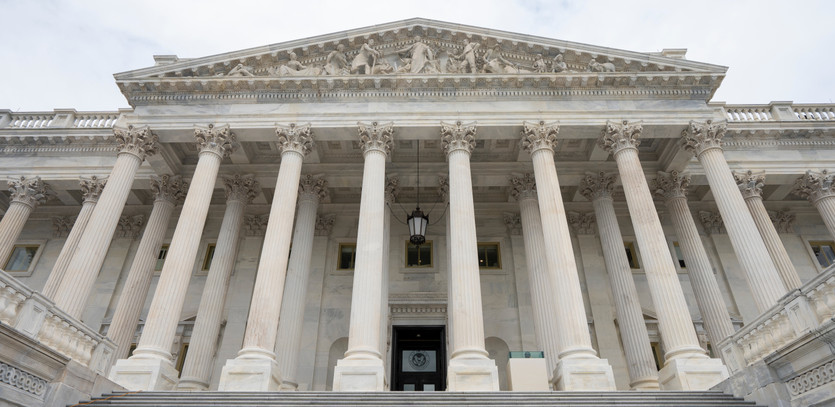Crypto Regulation: A Rousing Congressional Discourse
The recent congressional hearing focused on digital asset regulation revealed a political impasse, echoing with heightened criticism of the Securities Exchange Commission (SEC) and a call for legislative control while fortifying the Commodity Futures Trading Commission's (CFTC) authority.
Regulatory Conundrum: The Clash Between Congress and Regulatory Agencies
On May 10, a joint session on the topic of digital asset regulation took place between the United States House of Representatives Financial Services Committee and the Agriculture Committee. The dialogue built upon the backdrop of an earlier hearing where SEC Chair Gary Gensler was chided for alleged overreach in regulatory matters.
The leading argument, propagated by the initiators of the hearing, suggested that Congress should assume control with its own regulatory strategy to instill clarity, eliminate "regulation through enforcement," and balance out the rivalry among regulatory agencies. However, this perspective attracted mixed views, with several legal professionals expressing doubt.
Hill and Lynch: A Dichotomy of Views on Crypto Regulation
Despite the joint nature of the hearing, known as “The Future of Digital Assets: Measuring the Regulatory Gaps in the Digital Asset Markets,” the members of the Financial Services Committee were the key influencers of the event's trajectory.
Arkansas Representative French Hill, a Republican, used his opening remarks to encapsulate the ongoing discord over digital assets. He noted that while some legislators, primarily Republicans, believe there's an absence of a practicable framework for crypto in the country, others, primarily Democrats, are confident that the existing regulation is sufficient for compliance. Hill swiftly dismantled the partisan nature of the discord, expressing:
“None of us argue for a complete exemption of crypto from regulation or the development of an entirely new framework. We aim to adopt the 'same risk, same regulation' principle to modify the current law.”
Massachusetts Representative Stephen Lynch, a Democrat, responded with a contrasting perspective following Hill’s address. Lynch urged caution against buying into an "industry-driven narrative" about a turf war between the CFTC and the SEC.
Testimonies Highlight the Need for Reform
If the members of Congress could be classified as “pro-reform” or “anti-reform,” it seemed the majority of the witnesses at the hearing sided with the former.
Andrew Durgee, head of Web3 investment platform Republic Crypto, mirrored some representatives' sentiments, emphasizing the perceived clash between current regulations and decentralized blockchain trading technologies.
Matthew Kulkin, former director of the CFTC Division of Swap Dealer and Intermediary Oversight, informed the committee that the largest digital assets, by market size and trading volume, are commodities and should, therefore, fall under CFTC regulation. Kulkin suggested that this could be achieved if Congress recognizes the inherent differences between digital assets that are securities and those that are commodities.
An Ongoing Political Stalemate Over Crypto Regulation?
Despite the industry's general approval of the congressional hearings, a clear takeaway was the evident desire of some lawmakers to enact the next significant legislation through Congress, possibly by fortifying the CFTC and easing the SEC’s proactive stance. However, whether this intention becomes more plausible after another hearing remains a question.
Notably, numerous legislative projects are currently awaiting Congress's consideration, such as the Lummis-Gillibrand “crypto bill.” However, Democrats' robust support for the SEC makes it difficult to envision any significant shifts in the near future.

Even industry experts remain skeptical about any significant changes resulting from the hearings, except for potential tweaks related to stablecoins. Howard Fischer, partner at Moses Singer and former senior trial counsel at the SEC, shared his insights:
“Except for stablecoins, chances of reaching a consensus on the scope of the regulatory structure (including who supervises this market) are slim, given the significant divides regarding how precisely that regulation would work.”
Conclusion
The prevailing situation is an evident political deadlock, which seems to be persisting. Attempting to strip the SEC of its regulatory and enforcement authority is unlikely to succeed, whether intended to confer that authority on the CFTC or a new self-regulatory organization. This stalemate doesn't seem to be resolving soon, and the financial climate of the crypto industry won't likely aid these efforts.




